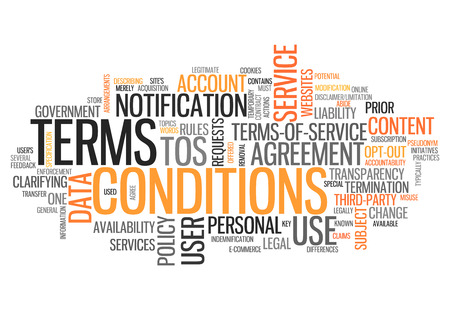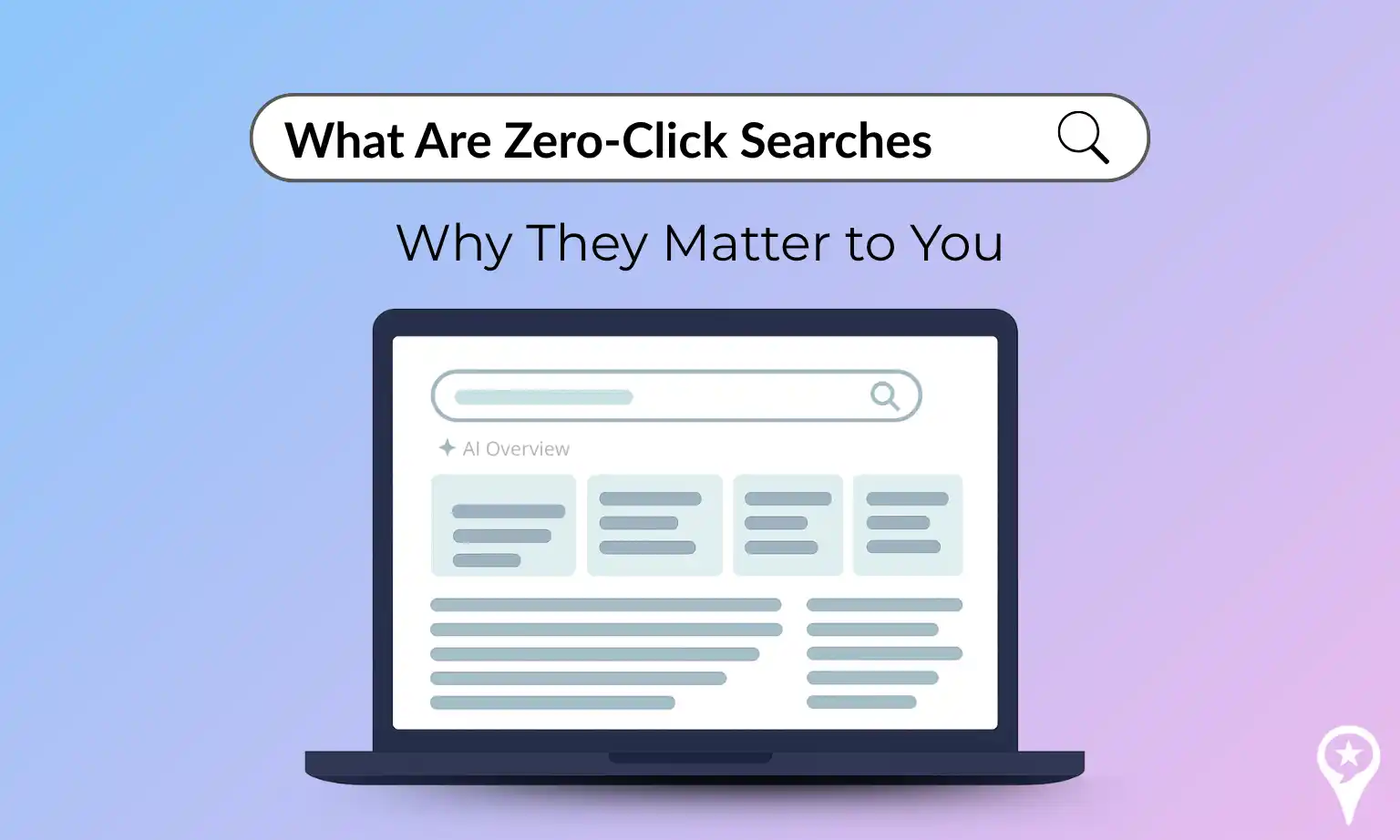 These days, there are standards for everything. Facebook, for instance, has their own set of community standards and terms of use. These standards are there to protect the consumer and the business. In many ways, it’s intended to police the consumer, putting the kibosh on hate speech and trolling. Luckily, it is to the benefit of business owners and social media managers alike.
These days, there are standards for everything. Facebook, for instance, has their own set of community standards and terms of use. These standards are there to protect the consumer and the business. In many ways, it’s intended to police the consumer, putting the kibosh on hate speech and trolling. Luckily, it is to the benefit of business owners and social media managers alike.
Where to Find Facebook’s Regulations
Facebook’s Community Standards page is a catch-all for everyone who uses the site. They keep things pretty simple. Don’t sell or trade drugs. Encourage respectful behavior. And respect the intellectual, individual, and property rights. While it’s laid out plainly, the Community Standards page does not go deep into detail.
As a business owner or social media guru, what you want is the Terms of Service page. Keep this link in your back pocket. After all, you do not want to be searching for it through roundabouts on the Facebook pages when you need it most.
The Golden Rule Applies
Now that you know your own rights, you’re probably wondering how this can help you as a business owner. Your best bet is looking at the Terms of Service page. The first thing you should take a look at is section 3, labeled “Safety.” Here, it shows you cannot do anything illicit, but neither can anyone else. A person cannot intimidate, harass, or bullying a business. Inversely, a business engaging in this behavior spells disaster for a business’s Facebook page.
That said it isn’t always a simple case of bullying. Creating a false account can be grounds for expulsion from the website. Located in section 4, Registration and Account Security, it says that anyone falsifying their personal information in Facebook is against Facebook’s terms of use. And in section 5, Protecting Other People’s Rights, it says repeatedly infringing or violating someone’s rights or the law could spell expulsion from the website.
The Warning Label to be Aware of
After you read through the Terms of Service page, you may be a bit nervous about one thing in particular. Here it is in legalese:
“[…] you specifically give us the following permission, subject to your privacy and application settings: you grant us a non-exclusive, transferable, sub-licensable, royalty-free, worldwide license to use any IP content that you post on or in connection with Facebook (IP License). This IP License ends when you delete your IP content or your account unless you’re content has been shared with others, and they have not deleted it.”
You may own what you post on your pages, but Facebook has the right to do anything they please with your posts. As far as adhesion contracts go, this may be scary when it comes to intellectual property. Even so, Facebook protects its users when others use your logo or brand name without your permission.
The part that makes this interesting is how you can use other people’s information. If this applies to you as a business owner, what about original posts by your customers such as reviews?
Sensitive Information
It’s also important for businesses not to post their customer’s information or take any kind of property. Facebook dictates you need consent if you collect information from your customers. This is especially the case for things like comments or user reviews. Say you want testimonials on your website. According to Facebook, you have to do three things. First, you need consent from the customer. Next, you need to make it clear that you and not Facebook is the recipient of the information. And last, you also need to give customers your business’s privacy policy so they know that you will not post their personal information or document.
What This Means for Your Reviews
Sometimes understanding Facebook’s rules is difficult as a business owner. This is especially the case with their terms of service and their online reviews. But, once you have that knowledge under your belt, you’ll be able to navigate Facebook even better. What’s more is your business is more likely to succeed in the world of social media.
This article is just our interpretation of Facebook’s terms and should not be relied upon as official legal interpretation. It’s a good idea to consult an attorney for clarification and how these terms apply specifically to your business and its needs.
If you have any more questions about Facebook, improving your online reviews, or reputation management, we offer free consultations. Call ReviewInc at 877-973-8439, request a demo, or email ReviewInc at [email protected] to schedule a free, no-obligation consultation.








